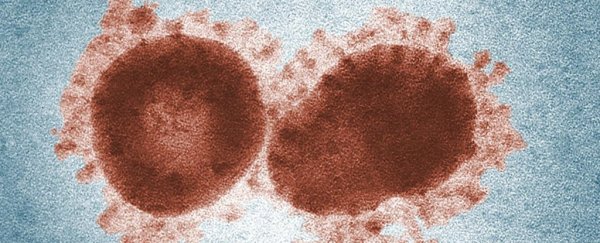Two doses of Pfizer's COVID-19 vaccine shot offered about 70 percent protection against hospitalization during a recent surge in Omicron cases in South Africa, preliminary real-world data found.
This was a drop from about 92 percent in a previous Delta wave, the researchers from Discovery Health, South Africa's largest insurer and South Africa's Medical Research Council, said in a briefing Tuesday.
Glenda Gray, president of the South African Medical Research Council, said that boosters "will help" with the possible reduction in protection against hospitalizations, per local broadcaster eNews Channel Africa.
The preliminary study from South Africa, which hasn't yet been formally published, is one of the first real-world insights into how much protection COVID-19 vaccines might afford against Omicron — a fast-spreading variant with 32 mutations in the part of the virus that infects cells and existing vaccines target.
The study's findings may be limited, however, because it assumed 78,000 of 211,000 lab test results from November 15 and December 7 were Omicron but didn't confirm it. South African health officials said on December 2 that Omicron accounted for 70 percent of sequenced COVID-19 cases in the country in November.
Simon Clarke, associate professor in Cellular Microbiology at University of Reading, cautioned that three weeks may not be long enough to give an accurate picture of how vaccines work against severe COVID-19.
"It shouldn't be forgotten that in the UK there was a five week gap between the first diagnosis and the first death," he said in a statement to the Science Media Center Tuesday.
The latest analysis found that, compared with those who had not been vaccinated, the vaccine protected all age groups from admission to hospital with COVID-19 during South Africa's Omicron wave, with protection ranging from the highest – at 92 percent – in 18- to 29-year-olds, down to 59 percent protection in 70- to 79-year-olds, according to the researchers.
Older people were immunized first in South Africa so waning immunity may have contributed to the findings.
Early studies on Pfizer's vaccine, from various labs worldwide, have already found a 20- to 40-fold reduction in antibody response against Omicron versus other variants.
It wasn't clear from the experiments how well the vaccine would perform in real-life especially against severe disease, which relies on other components of the immune system, called T cells and memory cells, rather than antibodies.
Antibodies stop the initial infection and then T cells and memory cells stop you from getting sick or dying, although a few people will inevitably become severely unwell from the virus.
The South African researchers also said Tuesday that Pfizer's vaccine was 33 percent effective against infection during the Omicron wave compared with 80 percent in the Delta surge. Antibodies are the first line of defense against infection, so the reduction in protection could be in keeping with the lab studies.
Real-world data from the UK published Friday found that, after a booster, Pfizer's vaccine was 70 percent to 75 percent effective against symptomatic COVID-19 caused by Omicron.
This article was originally published by Business Insider.
More from Business Insider:
